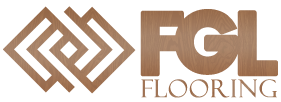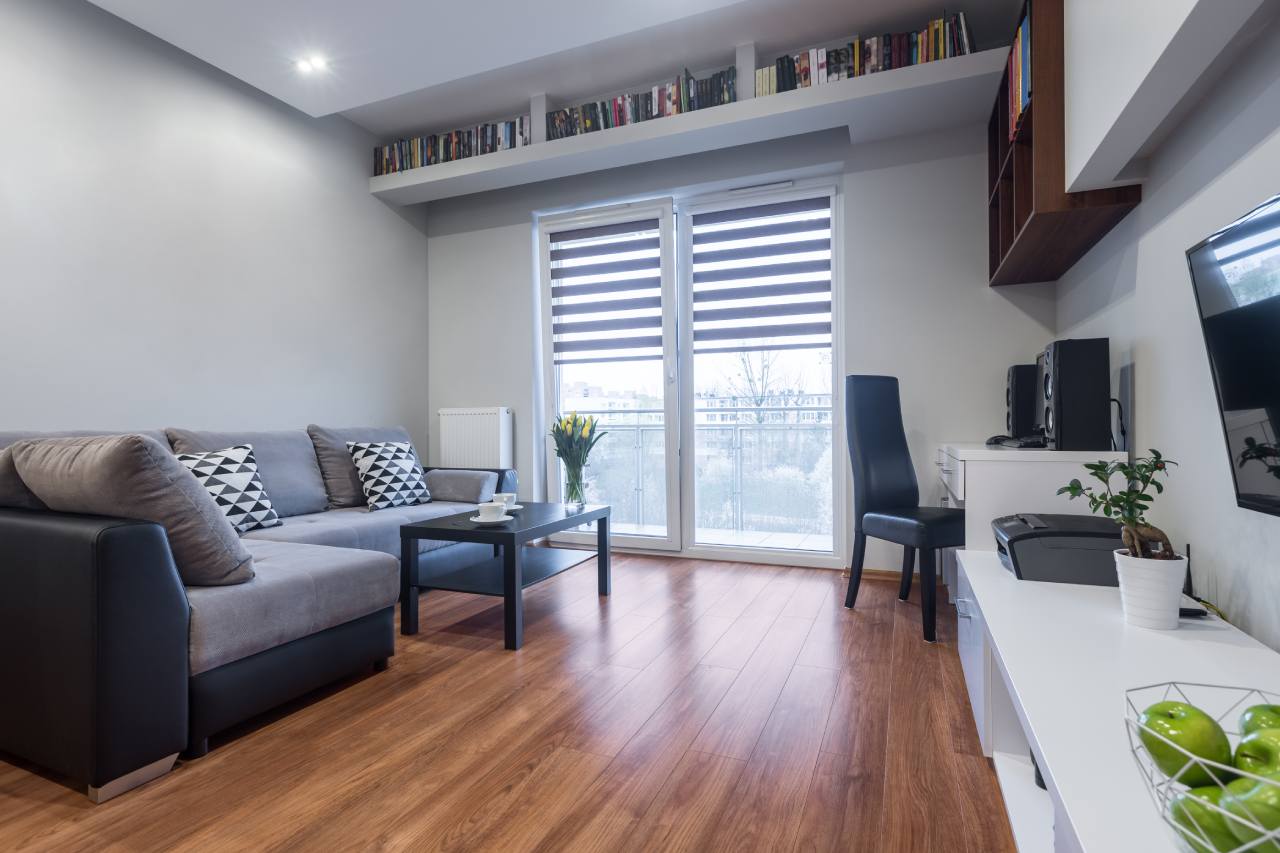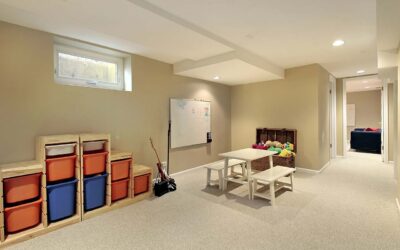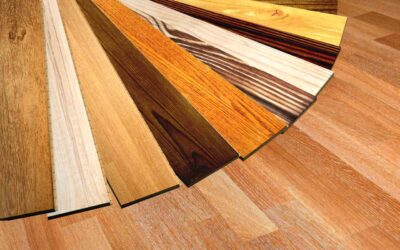Hardwood is one of the oldest and most trusted flooring materials. When properly installed and maintained, hardwood floors will last over a century – as a matter of fact there are plenty of buildings today whose floors were installed in the early 20th century and are still exquisite. But in order for your floor to last that long and still maintain its flair and luster, there are a number of factors that have to be considered from purchase, installation, and maintenance of your hardwood floors.
Where Does The Wood Come From?
It is a crucial aspect to really know if your wooden floor was manufactured in accordance to the industry standards. If not this will definitely have an impact on the stability and integrity of the floor through the years. We always advise you to ask for information about the country of origin, ask if banned chemicals were used in the manufacturing process, ask about the FSC certification and to see any other genuine quality certificates.
What Type Of Board Is It, Engineered Or Solid?
We have a dedicated post for this and we recommend to have a look over it here. The main reason for which we recommend engineered wood flooring is stability, consistency and again stability. As we know wood reacts to moisture by expanding and contracting. Therefore, many of the dangers associated with solid wooden floors are reduced by choosing engineered hardwood floor. By risks we mean the gradual development of gaps, debonding, swelling, cupping or warping etc.
How Thick Is Your Wood Floor?
Thicker floors will have a potentially longer life span. In the case of the engineered wooden floors special attention should be paid to the top layer thickness, also known as the wear layer, when choosing. The thickness will have an impact on the number of times you can renovate and re-use the floor.
Under normal circumstances, approximately two renovation cycles can be carried out for a typical wear layer of 3mm compared with the approximately six renovation cycles for a wear layer of 6mm. This translates into extra decades of service for the lifetime of your floor.
Which Type Of Finish Do You Prefer, Oiled Or Lacquered?
Firstly, it is good to know that the prefinished wooden floors (due to its manufacturing process) tend to withstand better the daily traffic compared to the site finished ones.
Oiled floors allow re-oiling and recoating of the entire surface or a small area. This is extremely handy because any sign of wear and tear or superficial scratches can be dealt with as soon as it’s noticed. On the other hand, lacquered floors cannot be mended since any intervention will not blend in. Of course, an oiled floor demands a higher degree of involvement and help but this brings the huge advantage of postponing the next renovation (sanding) by even 10 years or more.
Has Your Subfloor Been Assessed?
Alongside the quality of the wood this is another crucial factor with great influence on the longevity of a hardwood floor. The subfloor is the base on which the new wooden floor will have to stay for the rest of its years. Many concrete floors contain a high level of moisture or worst they are dry now but through the years a poor damp course will allow moisture to infiltrate and cause serious damage to the wooden floor. A surface which is not flat, with high and low spots, outside the BS8201 specifications will lead to technical issues like squeaks, cracks in the floor, debonding and separating elements of the floor.
There are many different types of subfloors and they are often mixed therefore a good assessment is a mandatory stage for any wood flooring craftsmen.
What Is The Best Installation Process For Your Floor?
This is the time when the wood becomes a floor. The majority of the work done during installation cannot be corrected after completion so it has to be properly planned and carried out. For this important aspect the experience of the wood flooring craftsman is key to have a long lasting and beautiful floor installed with care of the details in mind. We cannot stress how important it is to avoid asking the builder, the handyman, the multiskilled or inexperienced tradesman to install your precious wooden floor. Before choosing the right company to deliver the desired results make a list with all your questions and concerns and request answers from that company. Also look for references and proof of experience. We recommend contacting at least three reputable wood flooring companies to select from.




0 Comments